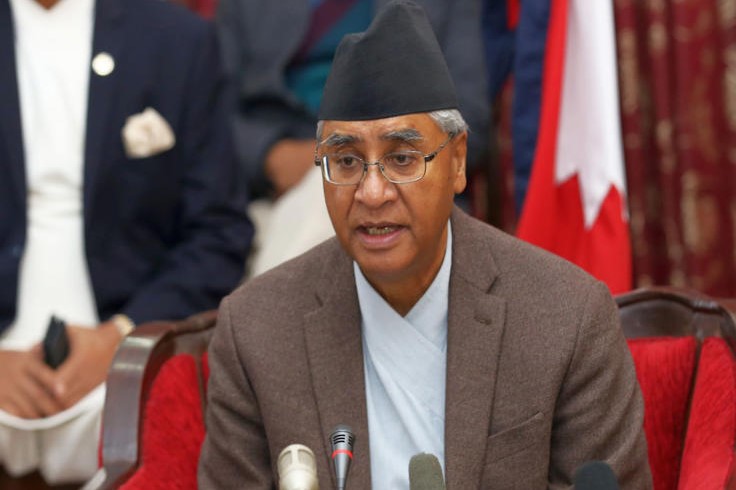Nepal Govt cuts fuel prices in the wake of social unrest

The fuel prices were skyrocketing in the country with petrol rising to Rs. 199 per liter while the price of diesel had reached Rs. 192 per liter. Dilendra Prasad Badu, Minister of Industry, Trade and Supply, said that the government has reduced the price of petrol by 20 Nepali rupees (INR 12.50) and 29 Nepali Rupees (INR 18.12), effective from the midnight of June 25.
The state-owned Nepal Oil Corporation, in its clarification, said that the government levied Rs. 65.61 of taxes when the price of petrol was Rs. 199. When the diesel was Rs. 192 per liter, Rs. 49.53 was collected as tax. He added that the government also collects Rs. 10 as infrastructure tax on every one liter of petrol r diesel sold.
The Nepalese government, on its part, is maintaining that the only major factor that is affecting the prices of petroleum is the ongoing Russia-Ukraine crisis. After the price revision, petrol would be sold at Rs. 179 per liter and diesel at Rs. 163 per liter respectively.
In the past few days, Nepal had been witnessing protests from various student bodies. Legislators were also attacking the government for the hike in fuel prices. The newly revised fuel prices are set to provide some relief to the common masses and eventually, the government. The fuel prices had reached to an all-time high and the government is now working to remove the infrastructure tax on petroleum products.
NOC has further stated that after the revision in the prices, the corporation would clock a fortnightly loss of Nepali Rupees 3.35 billion. This comment from the monopoly oil corporation of the country is being treated as hint toward a hike in fuel prices, again.
It is to be noted that as of May 2022, Nepal had to clear its outstanding dues with the Indian Oil Corporation, which stood at Nepali rupees 43 billion. Of the total due, only Nepali rupees 20.60 billion have been cleared. Nepali rupees 22.40 billion are still outstanding to be paid to Indian Oil Corporation. In January, this year, the state monopoly petroleum corporation has declared bankruptcy. This had happened, despite the corporation hiking the fuel prices to a record high.
In the fiscal year that ended in mid-April, the consumer price inflation was noted at the highest level of 7.28 percent. In the last month, the government had allowed the various transport operators to revise and hike the passenger fares. The fare prices had been increased as a part of the auto-pricing mechanism, in lieu of the rise in fuel prices.
The government is described the lowering of fuel prices as a step to control inflation and provide respite to the citizens. Economic experts and the trade bodies closely watching the Nepalese economists labeling it as a temporary measure, which is set to backfire. From the financial performance of NOC, it is evident that it cannot sustain the present fuel prices. It would be interesting to observe how the Nepalese government would overcome the challenge that lies ahead.







